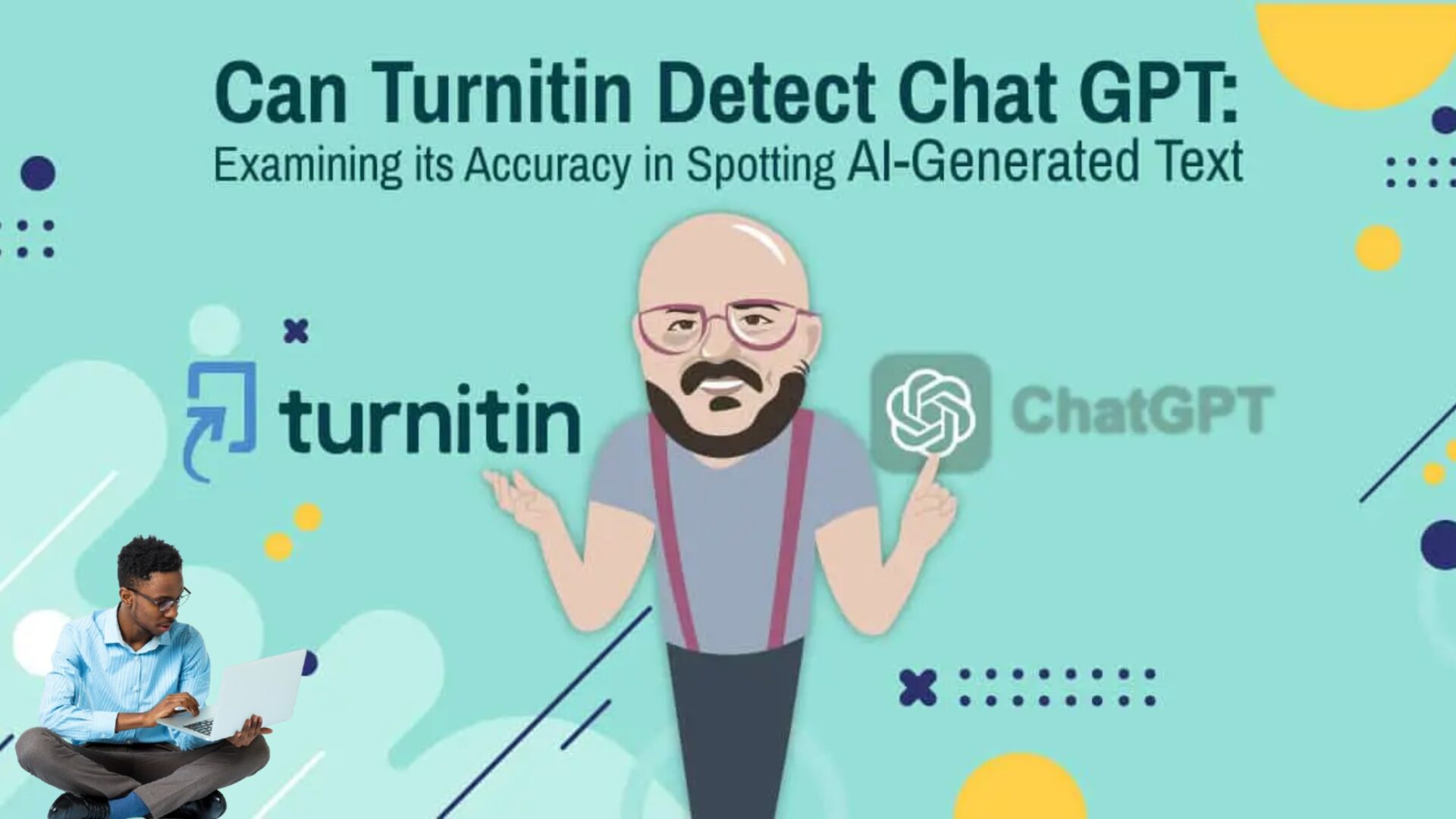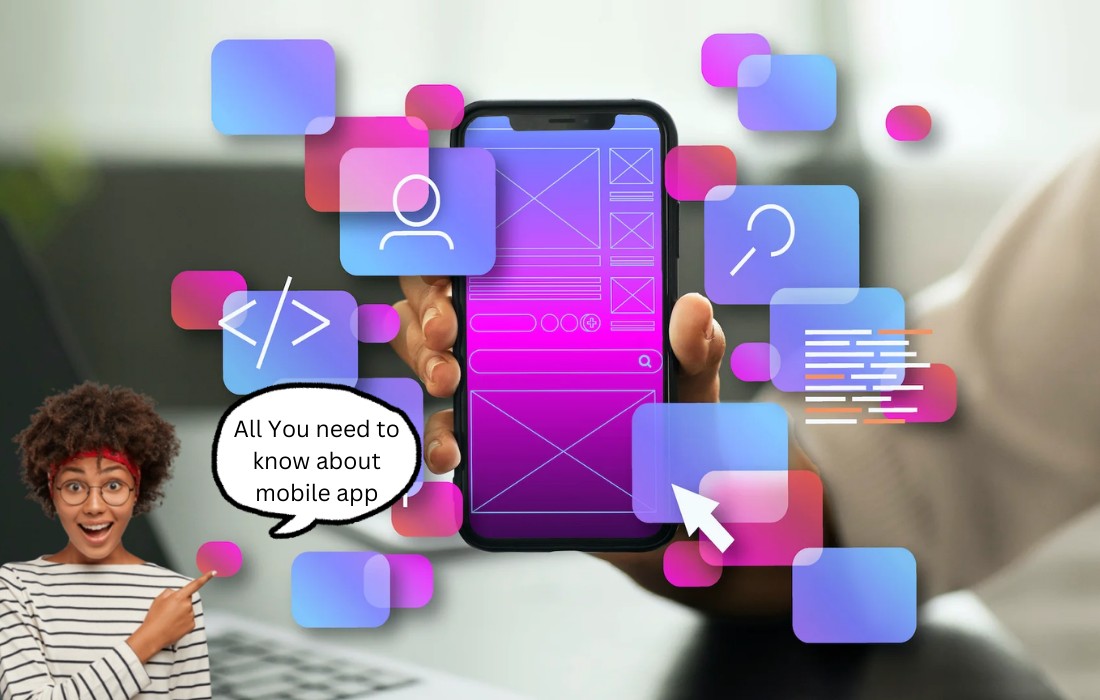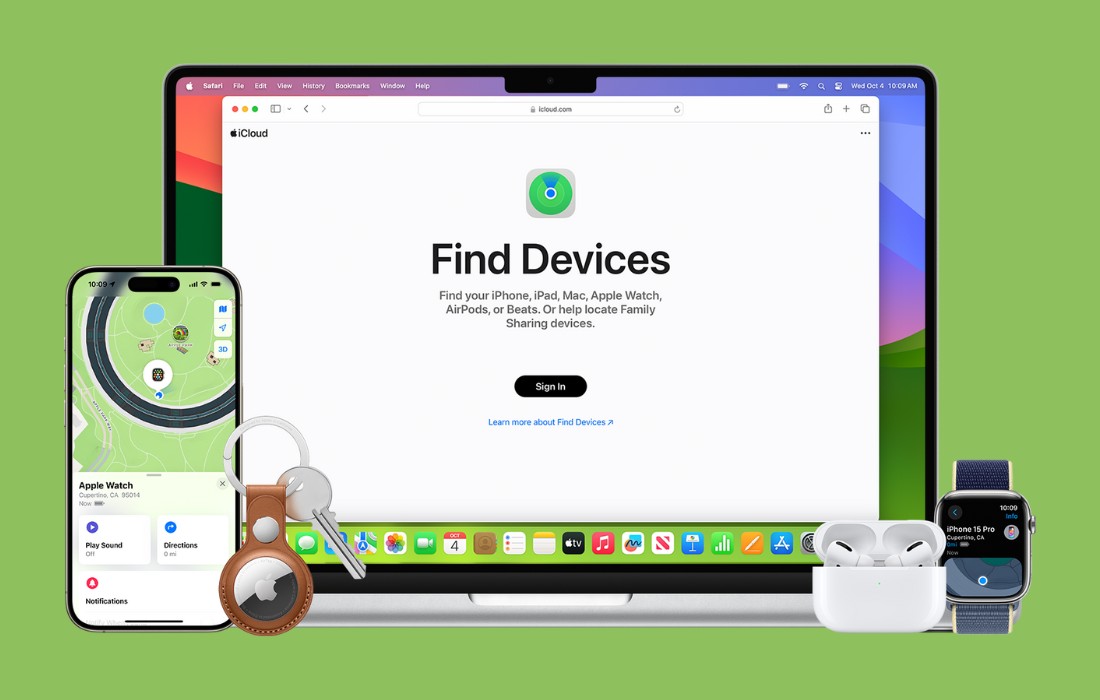In a recent experiment, professional comedian Karen Hobbs took to the stage at the Covent Garden Social Club bar in Central London, armed not with her usual material but with a set of jokes written by the AI platform ChatGPT. The goal was to test whether artificial intelligence could genuinely be funny and hold its own in the competitive world of stand-up comedy.
Hobbs faced an audience that included first-time comedy-goers, making the task even more challenging. The AI-generated jokes she performed, including lines like “I once gave my wife a glue stick instead of lipstick. She still isn’t talking to me,” were met with mixed reactions, mostly puzzled expressions, and sporadic laughter. The experience highlighted the current limitations of AI in delivering nuanced, context-aware humor.
Artificial intelligence, particularly large language models (LLMs) like ChatGPT, generates content by processing vast amounts of text data and identifying patterns. While this allows AI to create jokes that may seem novel, they often lack the depth, timing, and cultural context that make human-delivered humor impactful. For instance, when prompted to write in a female voice, ChatGPT defaulted to stereotypes, showing an inherent bias in the training data.
Experts like Alison Powell, an associate professor at the London School of Economics, emphasize the complexity of humor, which involves not just clever wordplay but also timing, delivery, and audience interaction—skills that AI currently lacks. Michael Ryan, a Stanford University AI expert, noted that while AI could potentially improve in joke-telling, it currently struggles with real-time adaptation and understanding social cues.
Despite these challenges, the potential for AI in comedy isn’t entirely bleak. Some researchers, like Drew Gorenz from the University of South California, have found that AI-generated jokes can sometimes surpass human-created ones in certain contexts, depending on the prompt specificity. However, the authenticity and vulnerability that audiences expect from comedians are difficult for AI to replicate, as these aspects often stem from lived human experiences and emotions.
The ethical implications of AI in comedy also pose concerns. The use of copyrighted material for training AI models, often without permission, raises issues of intellectual property theft. Comedians, like other creatives, are wary of their content being mined and potentially used by AI without attribution or compensation.
As AI continues to evolve, there’s a possibility that specialized models could better mimic human creativity, including humor. However, for now, the essence of comedy—its spontaneity, relatability, and emotional connection—remains a uniquely human domain. Comedians can rest assured that their craft, with its nuanced understanding of the human condition, is safe from being fully automated, at least for the time being.












